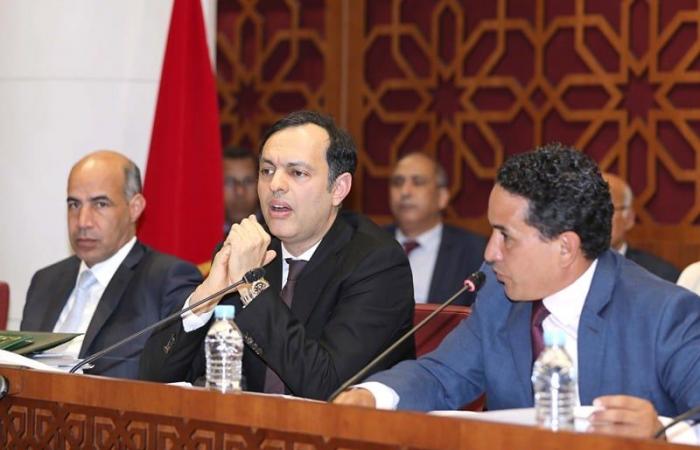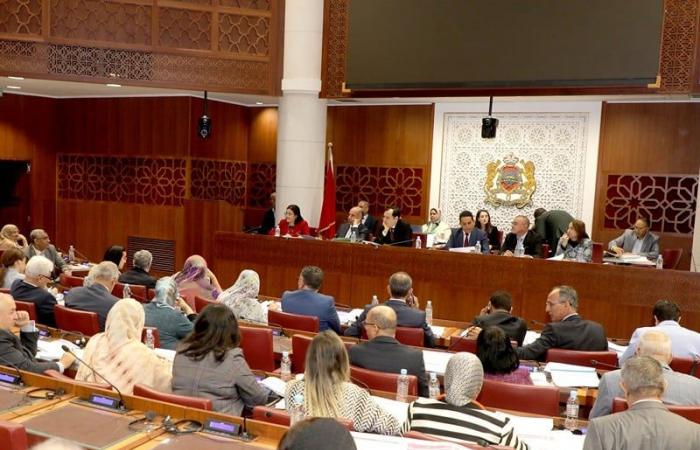Some 334 proposals before giving the green light to the adoption of the new strike law. The Minister of Economic Inclusion, Younes Sekkouri, clarified this Tuesday the legal contours linked to strikes within the framework of the draft organic law on strike, putting an end to discussions on the question of the entity responsible for the call to the strike. The extension of this definition now includes unions that are not among the most representative at the national level, a decision which caused debate within parliamentary groups.
The heart of the discussion focused on the identification of the entity behind the strike, a topical subject since the bill stipulates that this entity is responsible for calling the strike, negotiating , as well as the management of the entire process, including the decision to suspend or cancel the strike.
Aware of these issues, Sekkouri proposed a broader definition, encompassing the most representative unions at the national level, as well as other unions in good standing that participate in elections of worker representatives in the public and private sectors. This revision aims to take into account a greater diversity of union voices.
In an important clarification, the minister indicated that to be qualified as “ more representative union“, he must be legally in good standing and have obtained representation in both sectors (public and private), but without claiming the status of ” most representative union“, as defined by current legislation.
The debates were not without tensions, particularly among opposition deputies, who highlighted the lack of balance between the public and private sectors in the union elections. They called for the promulgation of a law more explicitly governing unions, with the aim of guaranteeing fair representation in both sectors.
In terms of the definition of workers, the text provides important insights. A worker is now defined as any person performing a task for remuneration, whether in the private or public sector, under the direction of an employer. As for the “ professionals“, the law broadens the scope to self-employed workers and self-employed persons carrying out a specific activity.
Another major advance in the text is the definition of “ vital services“, which includes both public and private services whose interruption could endanger the life, health and safety of individuals. The government has also implemented specific measures concerning the obstruction of freedom of work during strikes, in particular acts preventing access to workplaces or the continuity of business activities.
Thus, the bill proposes a more detailed definition of “ demands » of workers, which encompass requests aimed at improving working conditions, the economic or social benefits of workers, as well as the exercise of professions. A key axis to ease tensions between workers and employers.







